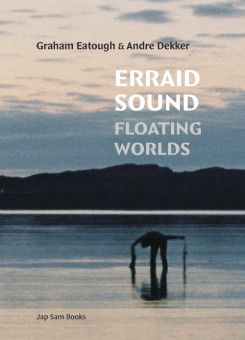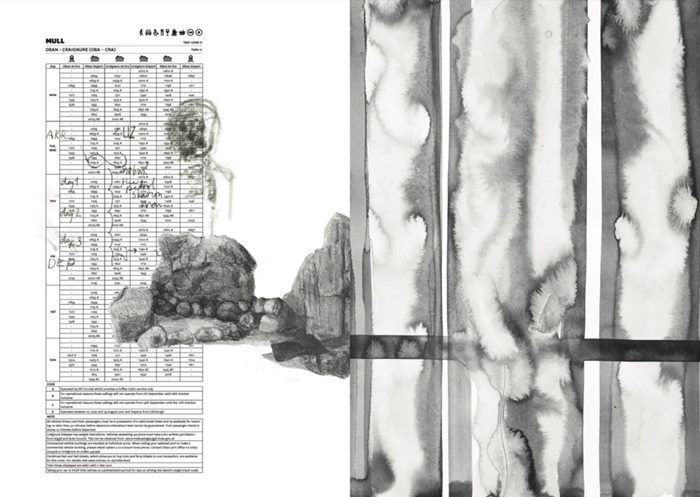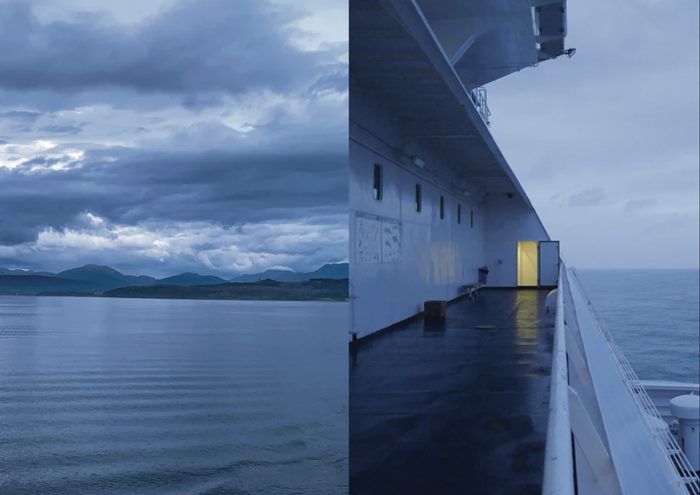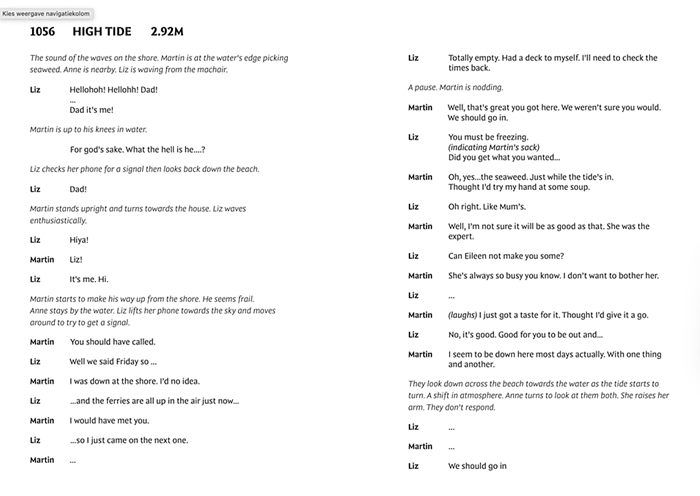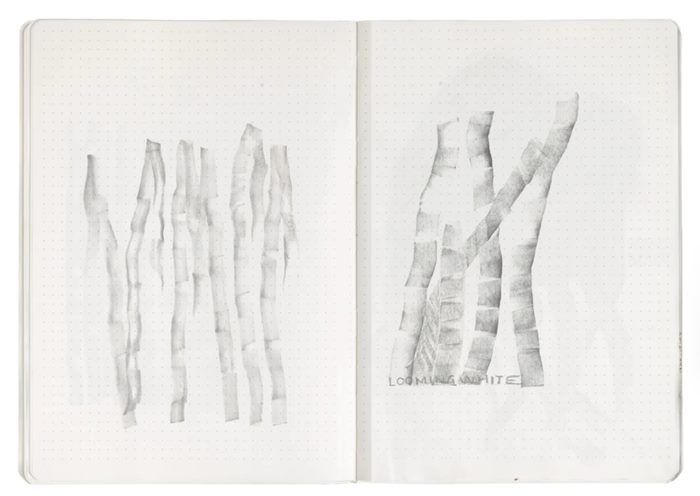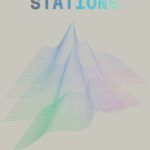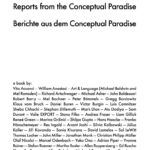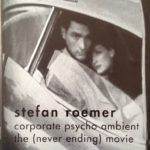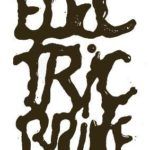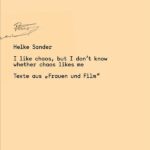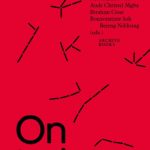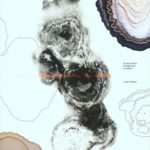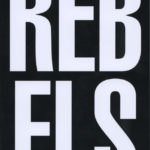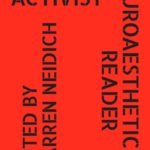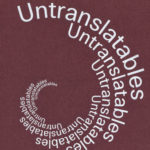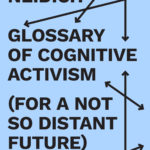Erraid Sound. Floating Worlds
15,00 € VAT Included
Only 1 left in stock
Hardback 92 pages, 15x21cm.
Erraid Sound – Floating Worlds is an artist book and a short film by the renowned Scottish theatre director Graham Eatough and the Dutch visual artist Andre Dekker, known for his public art with Observatorium.
September 2020 the artists spent one month in the remote coastal landscape to research Erraid Sound, the tidal flat between the Ross of Mull and the Island of Erraid. Through an exploration of our relationship with the natural environment the project offers an artistic response in drawing, writing and film to some of today’s most pressing issues: our changing climate, rising sea levels, and an ageing and sometimes isolated population.
The book contains texts and images that tell the story of a family living in a remote coastal community dealing with a recent bereavement and the elemental forces that shape their lives on a daily basis. Liz has returned to the remote family home to visit her father Martin, who has recently lost his wife and her mother, Anne. Liz needs Martin to sell the house to free up some much-needed capital. Martin is intent on seeing out his days there, no matter how clearly the house seems to be crumbling around him. The daughter Eileen is able to assist him in his final wishes but also has her own agenda. Together, they must navigate their way through these life-changing moments as outside Anne’s ghost haunts the beach in front of the house and the tide continues to rise.
A key inspiration for this project comes from both artists’ long-standing interest in Japanese culture, landscape, and the theatrical staging of the intimate relationships between people and nature seen in Noh theatre. The story draws on the Noh play Sumidagawa about a grieving mother in search of her lost son, who navigates her way across an inhospitable river to unsuspectingly discover his shrine. The project draws on Noh’s use of masks, music, dance and ceremony, as well as referencing the first Noh performances presented on dried riverbeds.

